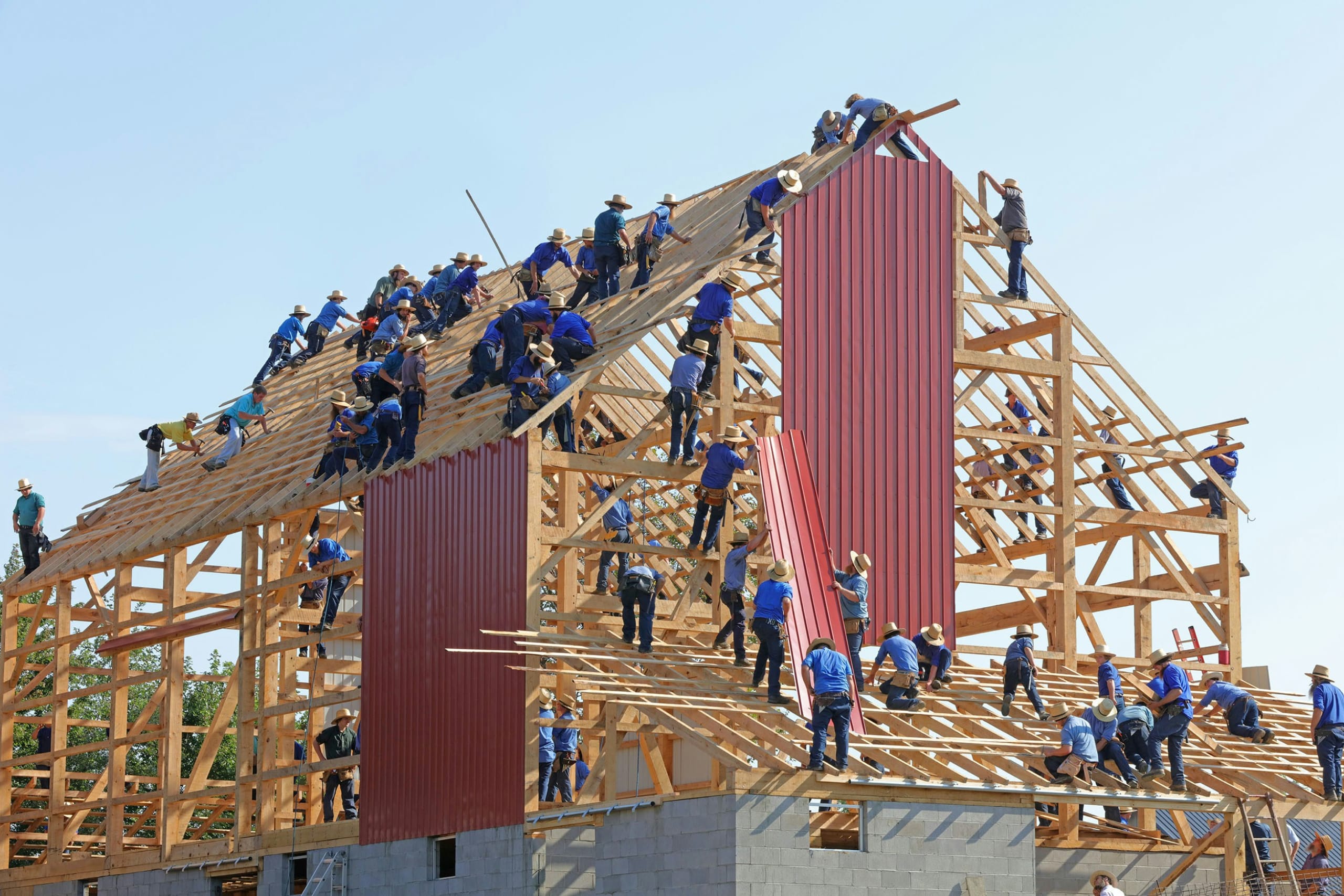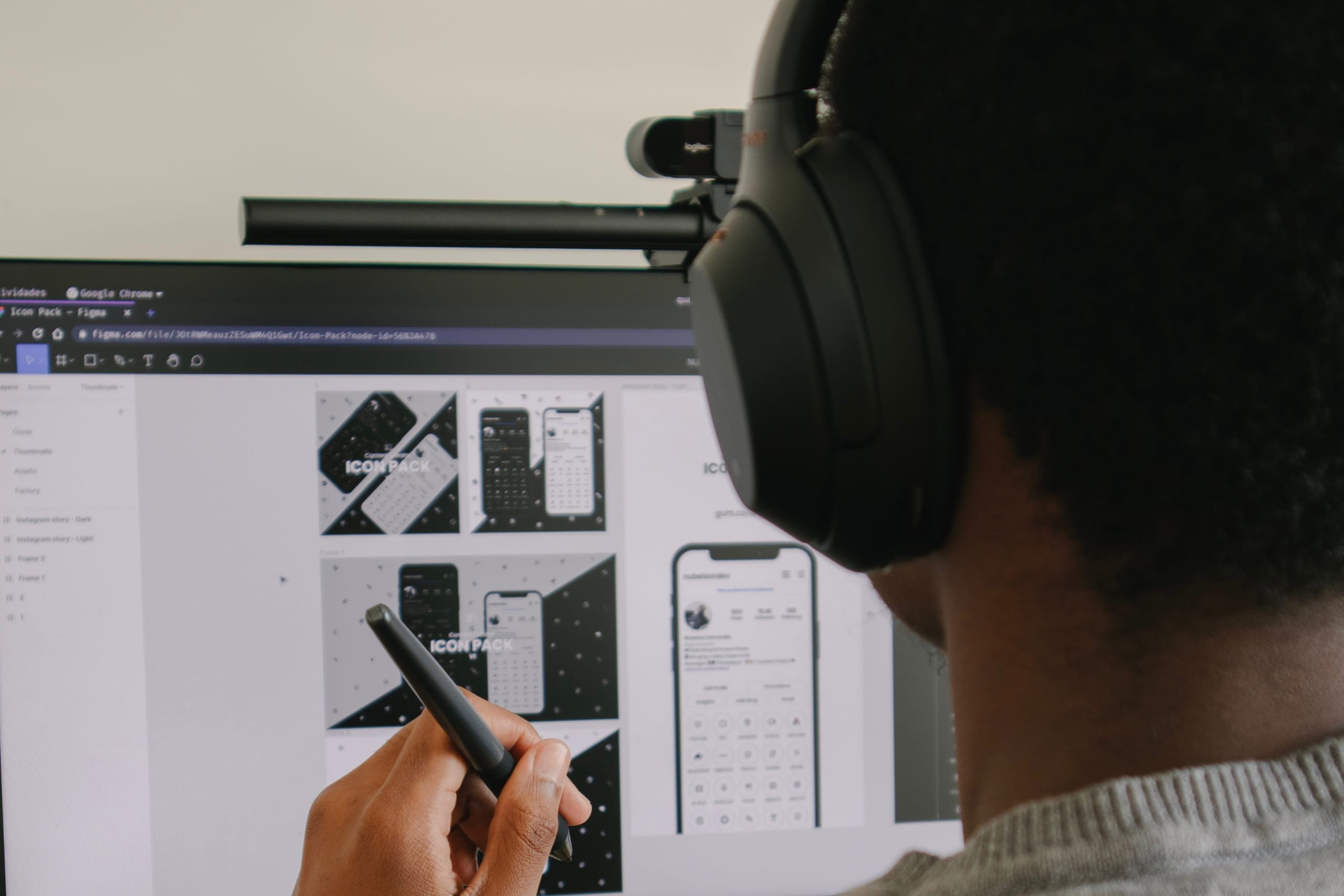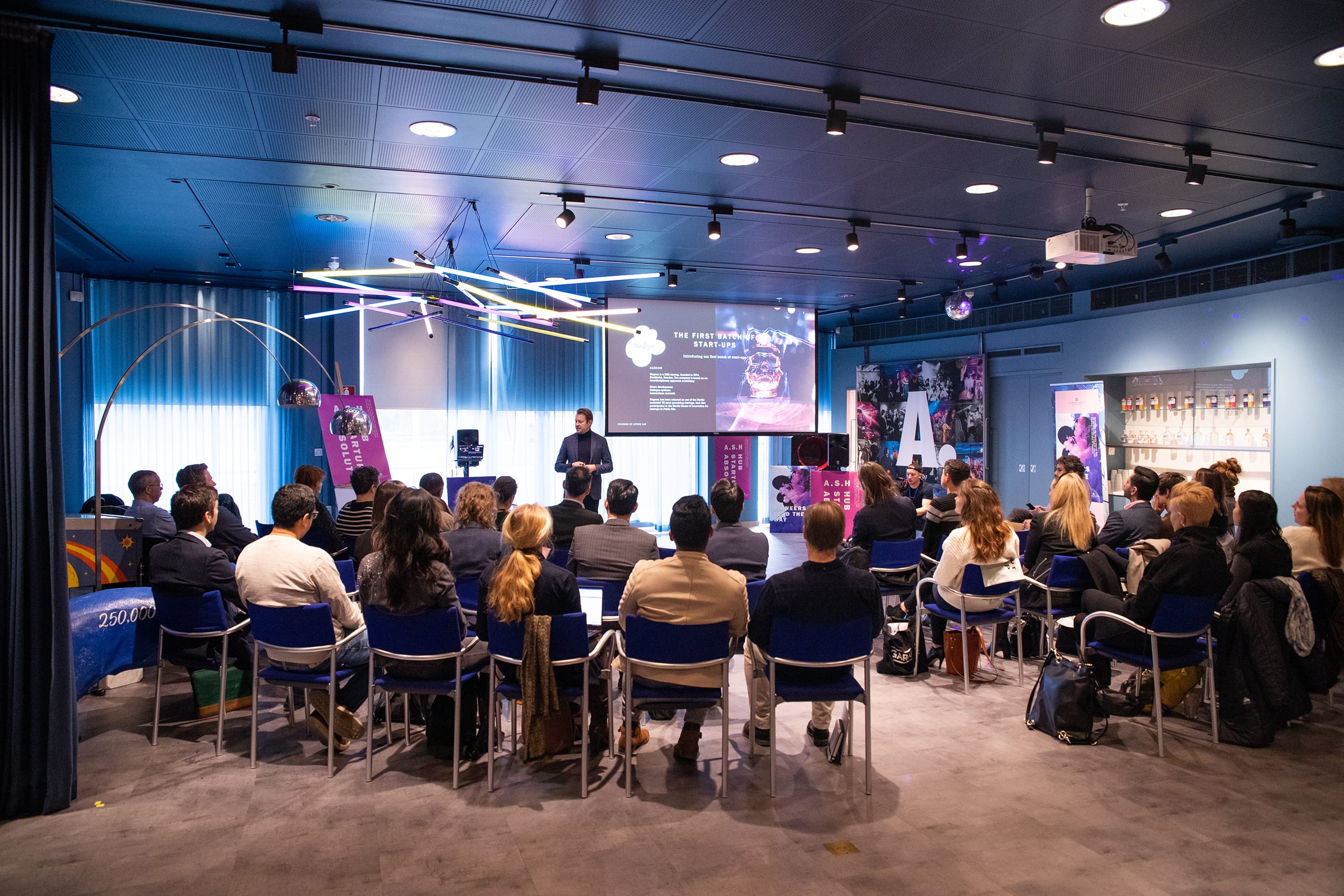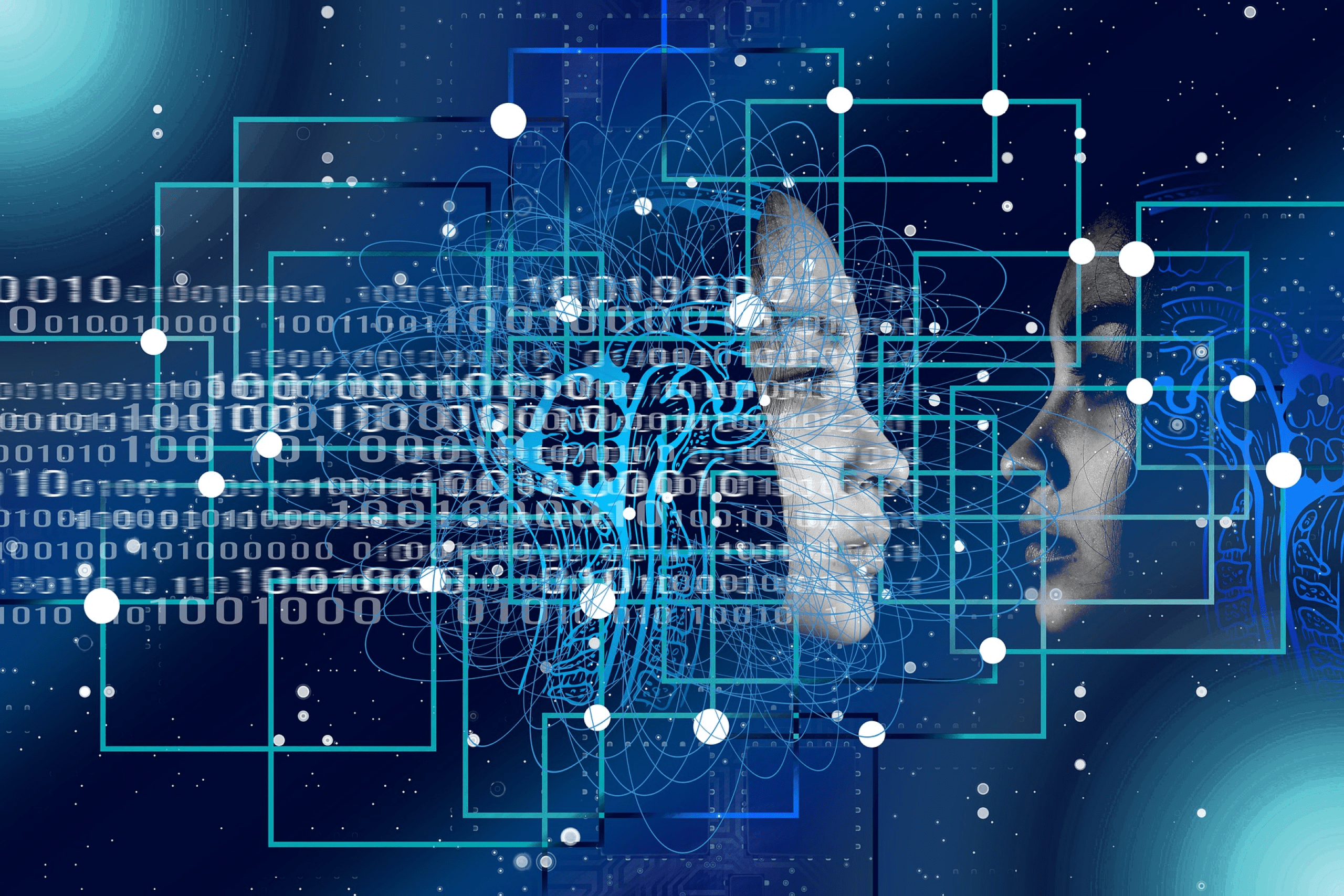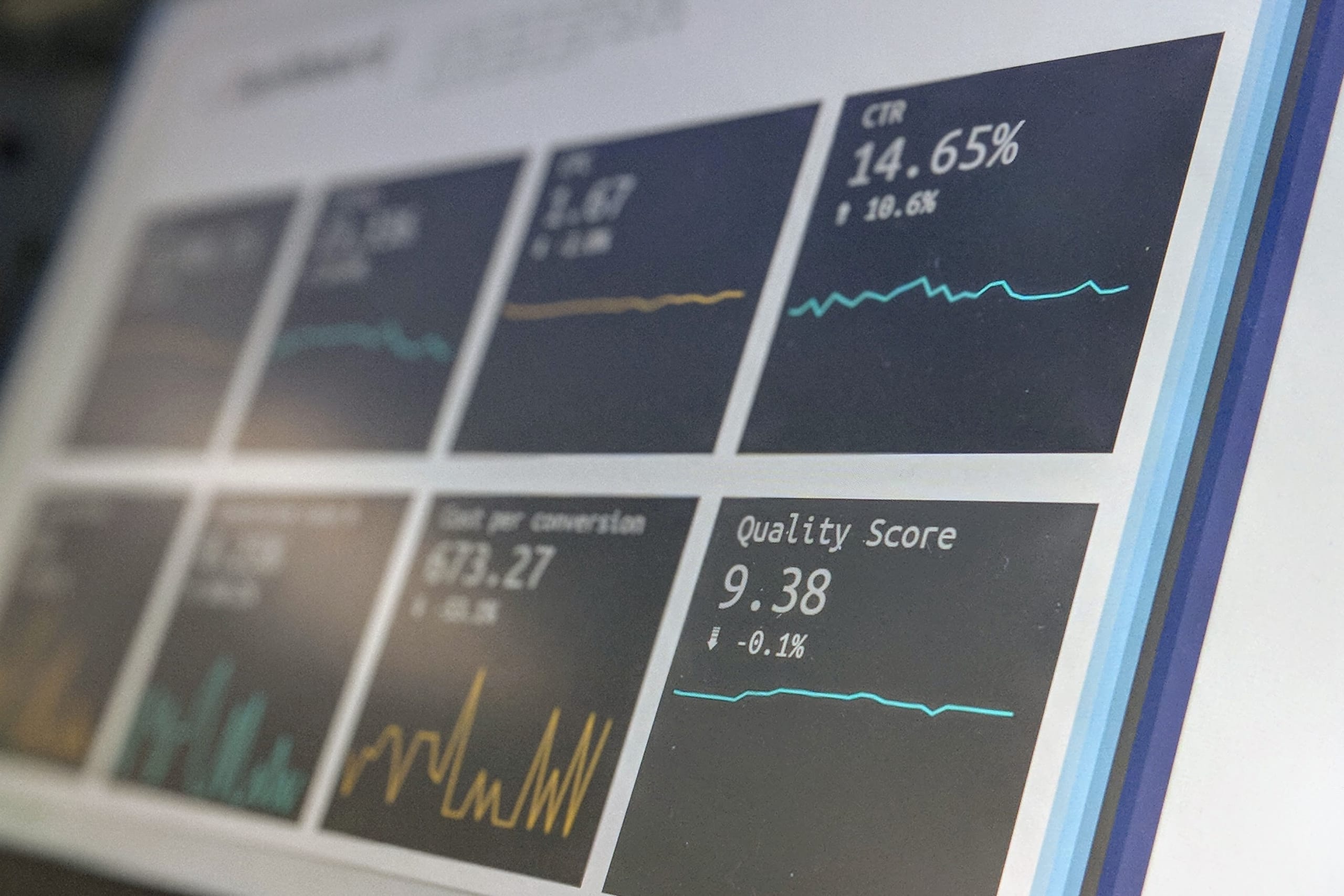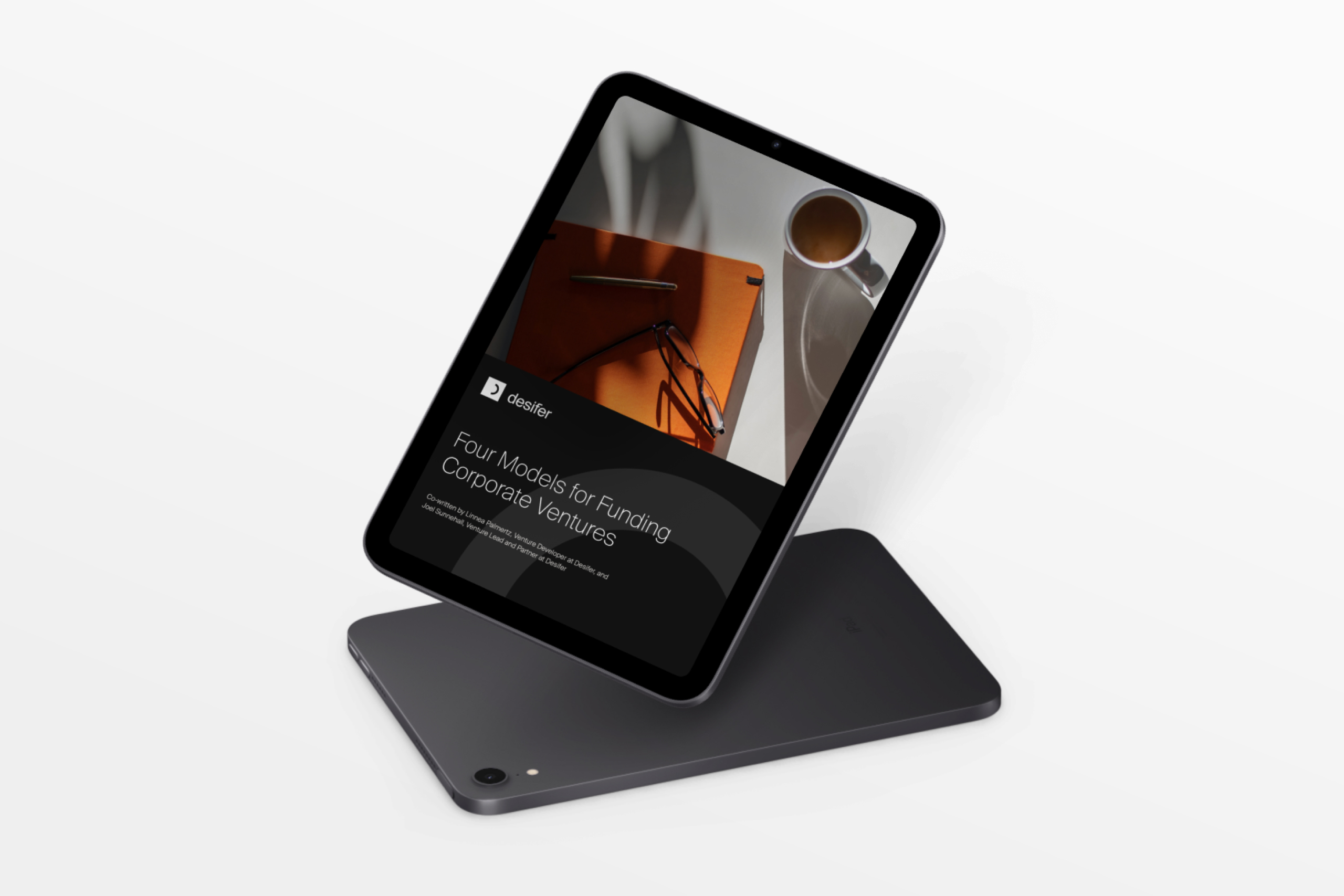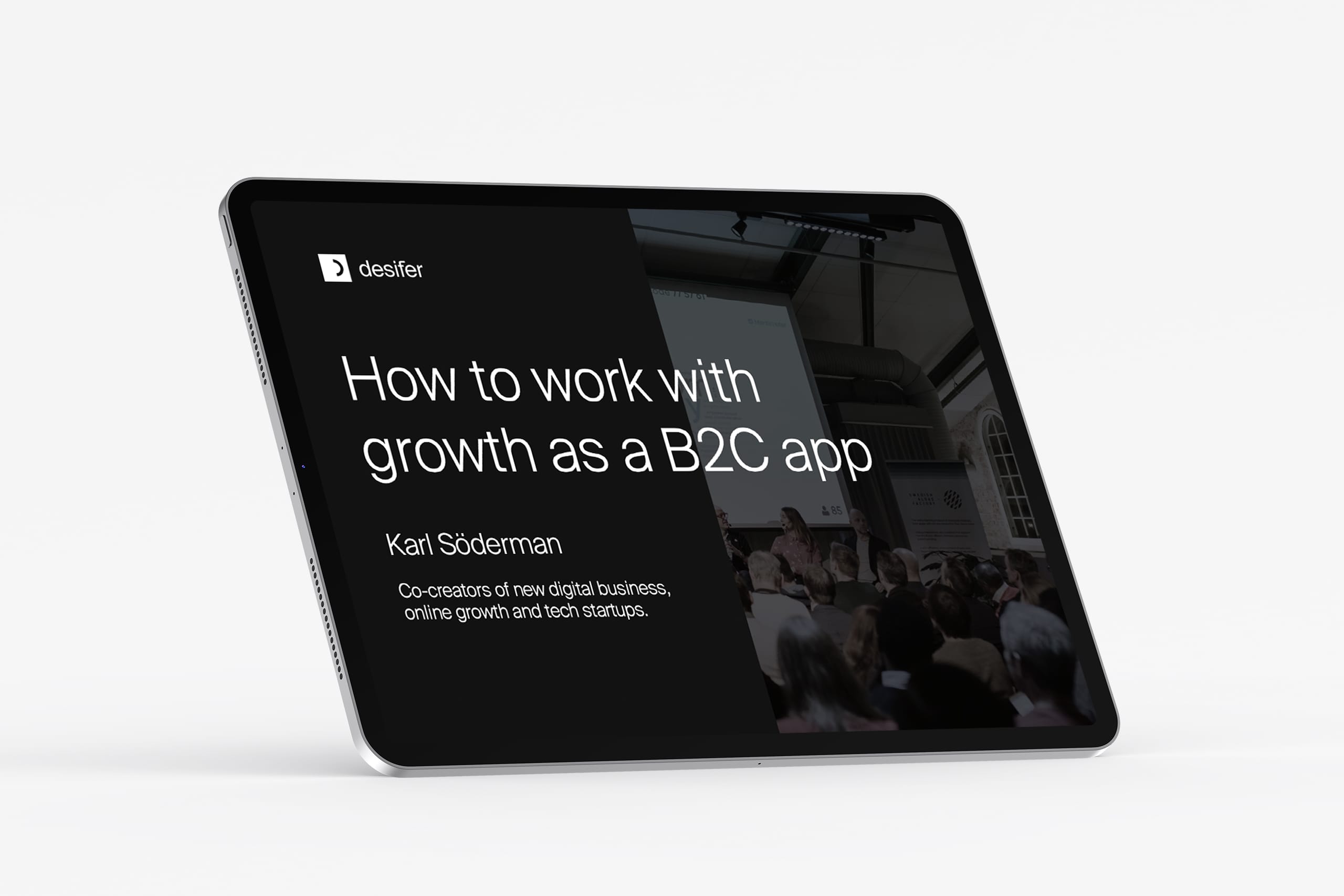Strategy | Trends
Written by Joel Sunnehall
February 28, 2022
Deutsche Telekom’s Rickard Damm on HomeOS, the Metaverse, and the Future of Telecom Operators
HomeOS is Deutsche Telekom’s answer to increasing competition unleashed by customers’ expectations that innovative services work seamlessly together.
About Richard Damm, Vice President, Deutsche Telekom AG
I began my career in telecommunications at Ericsson where I spent ten years working with new technologies and products, such as mobile advertising, music streaming, and network-related services. Thereafter, I began to work at Telia as Head of Innovation. Among other things, I managed an innovation partnership with Spotify. At Deutsche Telekom, I’m responsible for HomeOS, an infrastructure that enables the creation of new and innovative experiences in the home.

HomeOS: An infrastructure for new innovation experiences in the home.
What is HomeOS and why is it important for me as a customer?
HomeOS is a cloud-based infrastructure for creating new experiences in the home. It is completely invisible to you as a customer, but it enables completely new experiences that will definitely surprise you.
An example of a service that HomeOS enables, is to ask the voice assistant to create a guest network and display login information on your TV.
The goal of HomeOS, which was launched for four million households in November 2021, is to create an open ecosystem where many can contribute to creating experiences and services for the home. The services work together, whether on the mobile, TV, voice assistant, or something else.
The idea itself isn’t new. The telecom industry has been talking about this for decades, but no one has managed to realize it until now. The reason is, in part, due to the complexity of achieving it, and its cost implications, both in time and money, but there was also a lack of external pressure for change. Clearly, we now have that external pressure for change that serves as a catalyst for development: The big-tech giants, Apple, Google, and Amazon, all have well-functioning ecosystems that shape consumers’ expectations. And customers can clearly experience the benefits of being in an ecosystem where everything works together.

Rickard Damm, Vice President, Deutsche Telekom AG
Will the development of a parallel digital universe, the Metaverse, make Deutsche Telekom and HomeOS more or less relevant?
People tend to overestimate the importance of new technologies in the short term, and severely underestimate it in the long term. I think the importance of the Metaverse in the short term is overestimated. It is not a single product but rather an idea or vision for the future. One can say that there have already been several “mini-metaverses” in the computer gaming world. For example, in games like Fortnite, FIFA, or even earlier, with Second Life, where consumers have long been able to both socialize, and buy or trade “skins” and other digital goods.
But today, there are a number of pieces of the puzzle, and relatively well-developed technologies, such as HomeOS, that enable you to create a digital universe where you can exist, and when you move, you can take your assets with you. Virtual Reality (VR), Augmented Reality (AR), and crypto are examples of such pieces of a puzzle that need to be developed and stitched together for the Metaverse to become a reality.
Deutsche Telekom must meet customers where they are. So, we need to be in the Metaverse. If we do so, we will remain relevant. Today, we have dipped our toes in Metaverse-related technologies. We have, for example, Hubraum, Deutsche Telekom’s incubator for early-stage startups, which has created an innovation program for AR.
What role will Deutsche Telekom play when the Metaverse is a reality and we can move between our physical and digital universes?
Meta, Microsoft, and Apple will invest heavily in the development of the Metaverse. Deutsche Telekom will also invest an incredible amount of money in the infrastructure needed to enable such experiences, such as fiber and 5G.
In fact, the Metaverse is a good example of something that definitely would not have worked five years ago. If you want a real AR experience in the city, you will probably need 5G. So, we don’t need to deviate too much from our core business to be relevant. Just by focusing on providing the best network infrastructure, we will automatically play an important role.
In addition, Deutsche Telekom has a significant B2B business presence thanks to our corporate digitization arm, T-Systems. I believe that there is great potential in helping corporate customers get into the Metaverse.







